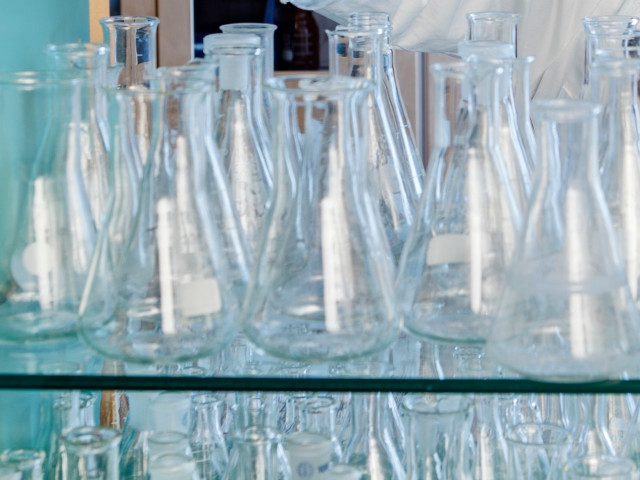Grundläggande kontinuummekanik, spänning, töjning, kraftbalanser och moment, olika materialklassers konstitutiva samband och mekaniska egenskaper (elastiska, viskoelastiska och viskösa material), viskoelastiska materials tids- och temperaturberoende, brottmekanik, molekylära och strukturella aspekter på materials mekaniska egenskaper, mättekniker.
KF2110 Materials mekaniska egenskaper 7,5 hp

Information per kursomgång
Välj termin och kursomgång för att se aktuell information och mer om kursen, såsom kursplan, studieperiod och anmälningsinformation.
Information för VT 2026 Start 2026-03-16 programstuderande
- Studielokalisering
KTH Campus
- Varaktighet
- 2026-03-16 - 2026-06-01
- Perioder
VT 2026: P4 (7.5 hp)
- Studietakt
50%
- Anmälningskod
60906
- Undervisningsform
Normal Dagtid
- Undervisningsspråk
Engelska
- Kurs-PM
- Kurs-PM är inte publicerat
- Antal platser
Min: 12
- Målgrupp
- Öppet för alla under förutsättning att kursen kan ingå i programmet.
- Planerade schemamoduler
- [object Object]
- Schema
Kontakt
Kursplan som PDF
Notera: all information från kursplanen visas i tillgängligt format på denna sida.
Kursplan KF2110 (HT 2023–)Innehåll och lärandemål
Kursinnehåll
Lärandemål
Efter avslutad kurs ska studenten kunna:
- Lösa mekaniska problem relaterade till koncepten: spänning, töjning, kraftbalans och moment
- Beskriva hur man utför mätningar av mekaniska egenskaper och hur dessa data erhålls
- Beskriva olika materialgruppers (inkluderat metaller, keramer, elastomerer, polymerer och kompositer) mekaniska egenskaper
Kurslitteratur och förberedelser
Särskild behörighet
Kandidatexamen i naturvetenskap eller teknik omfattande minst 50 högskolepoäng (hp) inom kemi eller kemiteknik. Engelska B/6.
Kurslitteratur
Examination och slutförande
Betygsskala
Examination
- TEN1 - Skriftlig tentamen, 6,0 hp, betygsskala: A, B, C, D, E, FX, F
- LAB1 - Laborationer, 1,5 hp, betygsskala: P, F
Examinator beslutar, baserat på rekommendation från KTH:s handläggare av stöd till studenter med funktionsnedsättning, om eventuell anpassad examination för studenter med dokumenterad, varaktig funktionsnedsättning.
Examinator får medge annan examinationsform vid omexamination av enstaka studenter.
När kurs inte längre ges har student möjlighet att examineras under ytterligare två läsår.
Övriga krav för slutbetyg
Tillfällen med obligatorisk närvaro specificeras i kurs-PM.
Examinator
Etiskt förhållningssätt
- Vid grupparbete har alla i gruppen ansvar för gruppens arbete.
- Vid examination ska varje student ärligt redovisa hjälp som erhållits och källor som använts.
- Vid muntlig examination ska varje student kunna redogöra för hela uppgiften och hela lösningen.
Ytterligare information
Kursrum i Canvas
Ges av
Huvudområde
Utbildningsnivå
Övrig information
Ersätter 3E1120